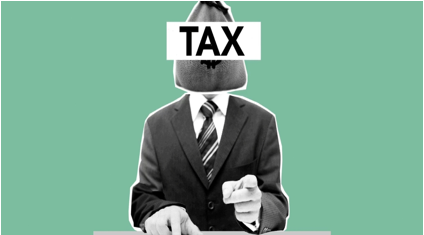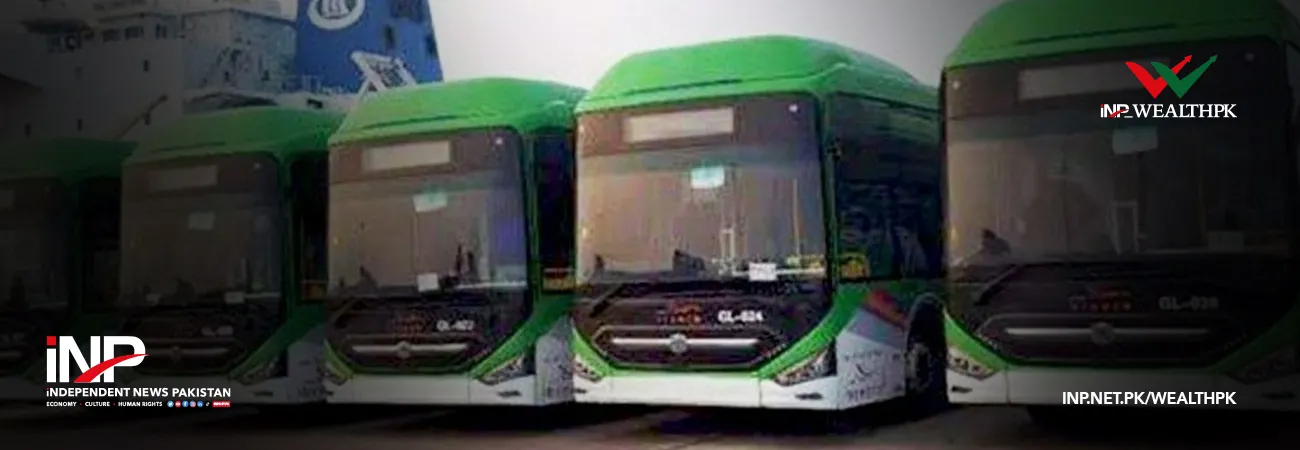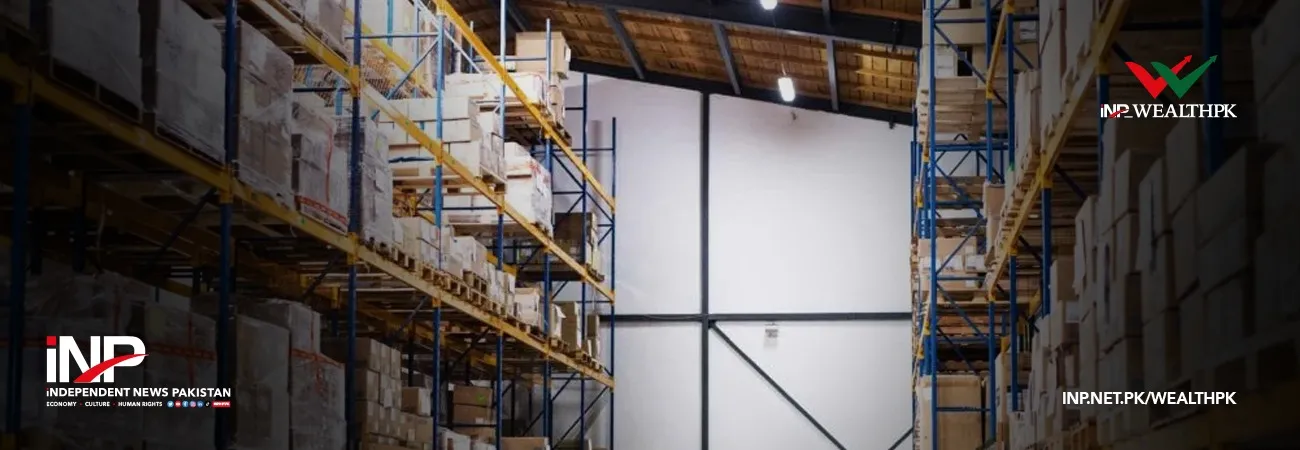INP-WealthPk
Moaaz Manzoor
Pakistan’s mounting revenue shortfall demands urgent tax reforms focused on transparency, collaboration, and targeted enforcement to formalize the economy and expand the tax base, reports WealthPK.

Speaking with WealthPK, Mutaher Khan, Co-Founder of Data Darbar, expressed concern over the current state of tax administration. He pointed out that while everyone knows what needs to be done, the real question is whether there is political will to implement reforms. He said that the government often relies on easy, short-term solutions such as withholding taxes, which discourage economic transactions and create disincentives for formalization. Khan argued that the existing data within organizations like the Federal Board of Revenue (FBR) and provincial revenue boards can be better utilized to track down tax-evaders. For instance, the FBR’s Integrated Risk Information System (IRIS) can estimate tax liabilities and send targeted notices based on observed transactions, such as frequent business-class flyers.
He highlighted agriculture, retail, and real estate as major sectors evading tax, emphasizing the need for reforms tailored to these industries. “The real estate sector is one of the largest tax evaders, yet the government has not prioritized actionable reforms. Additionally, there is a need for better collaboration between institutions like the Securities and Exchange Commission of Pakistan (SECP) and banks to improve data sharing.” He also noted that the provinces are collecting negligible taxes despite having access to substantial market data, underscoring the importance of market sizing and targeted crackdowns. Echoing these concerns, Majid Shabbir, CEO of Ifsha Consultants, stressed the need for a meaningful engagement with the business community. He said that any drive to formalize the informal economy must be result-oriented, advising against heavy-handed tactics that can widen the trust deficit between the government and businesses.
“The government should work closely with traders and chambers of commerce to make the formalization process effective and inclusive,” Shabbir opined. He identified economic stability, policy consistency, and lower input costs as prerequisites for successful reforms. The chambers of commerce play an active role in shaping up the tax policy and providing input to ensure a balanced approach that benefits both businesses and the government. According to him, collaboration is key to building trust and facilitating smoother transitions toward formalization. Both experts agreed that Pakistan's tax reform efforts are unlikely to succeed without addressing structural barriers like overregulation, lack of transparency, and limited outreach. They called for a simplified, inclusive, and transparent approach that incentivizes businesses to join the formal economy while fostering trust through collaborative policymaking.
It is pertinent to note that over-reliance on regressive measures will not resolve Pakistan’s revenue shortfall. Instead, a comprehensive and collaborative tax reform strategy is essential. This requires leveraging the existing data, simplifying tax processes, and engaging key stakeholders like the business community to foster a sense of shared responsibility. Addressing structural inefficiencies, such as the informal economy’s dominance and lack of inter-institutional coordination, can significantly expand the tax base and improve revenue collection. By prioritizing transparency and policy consistency, Pakistan can move toward sustainable economic stability, reducing its dependence on external borrowing and creating a robust fiscal framework.
Credit: INP-WealthPk













